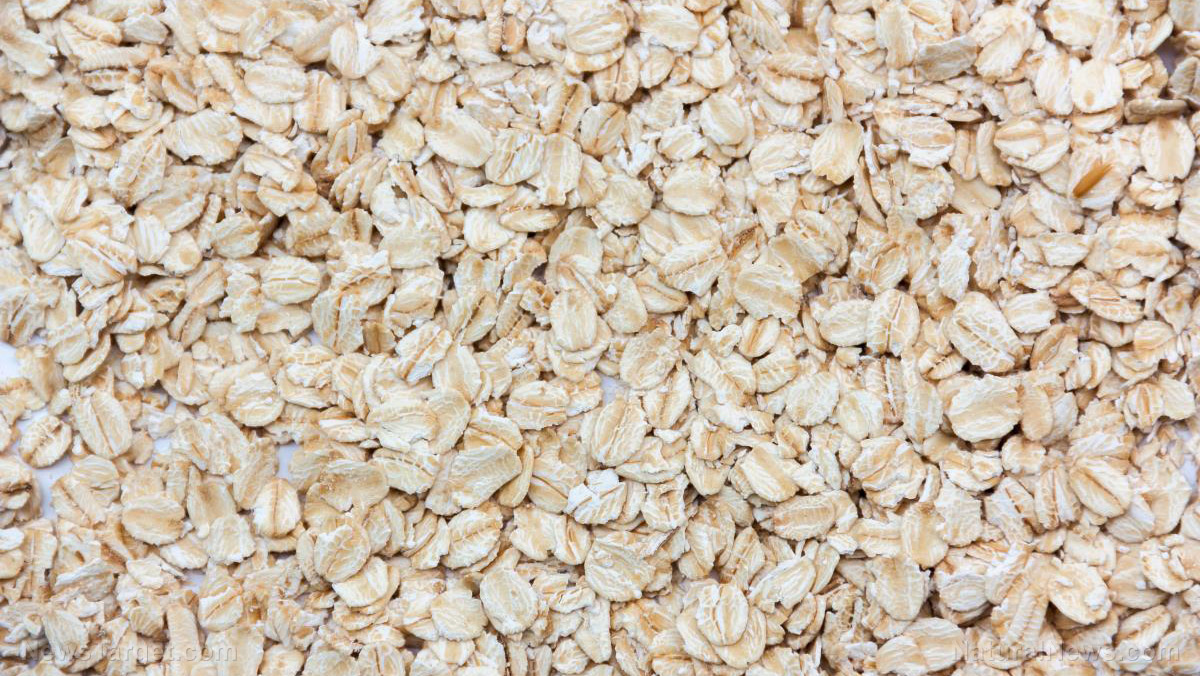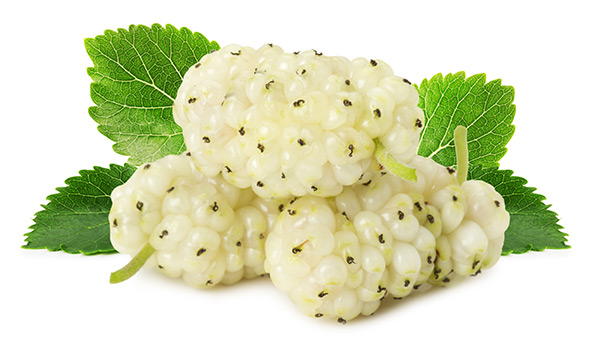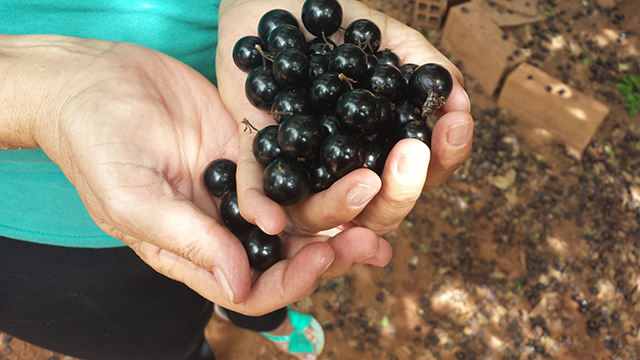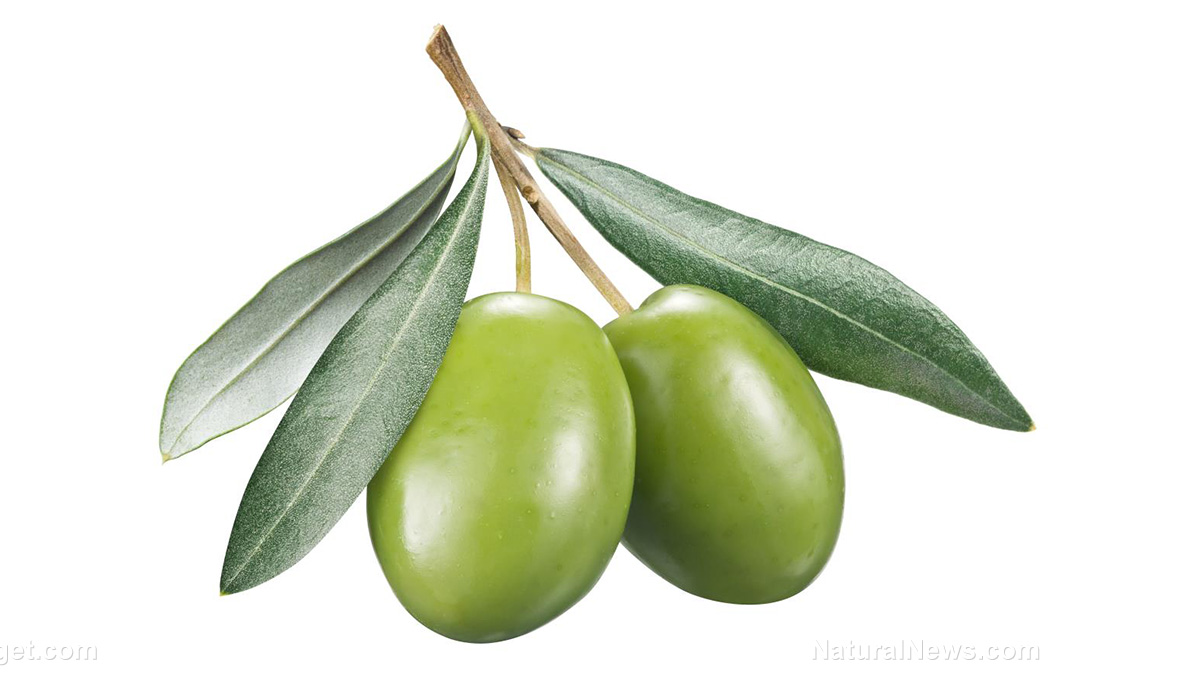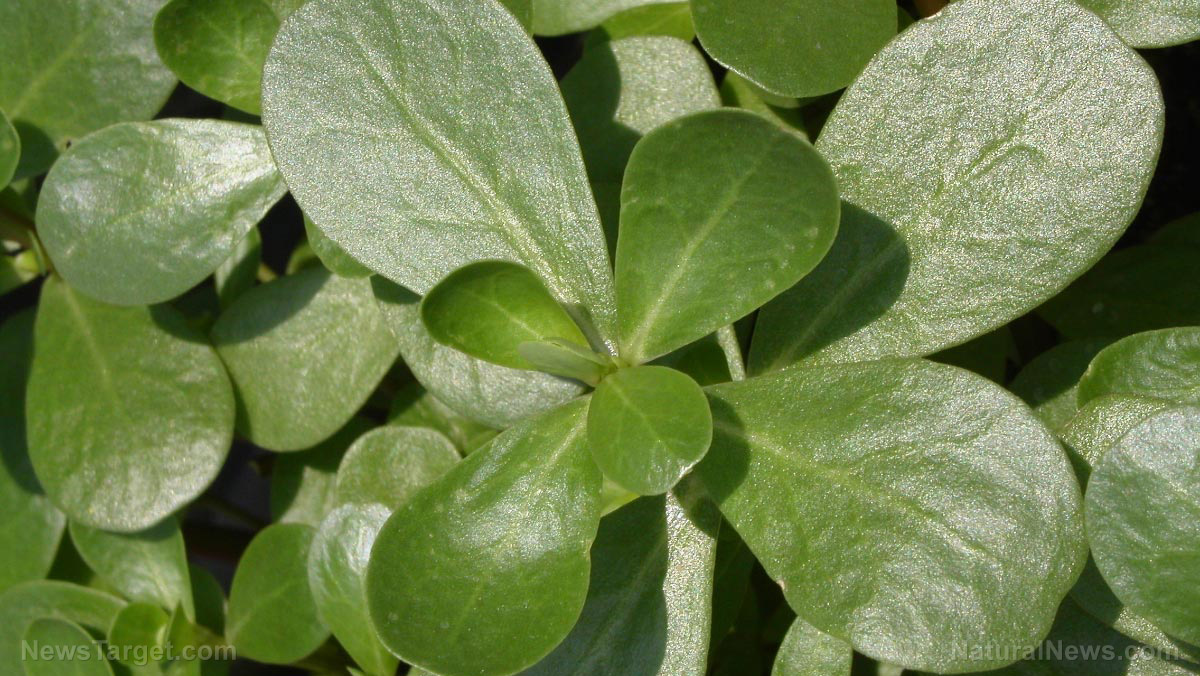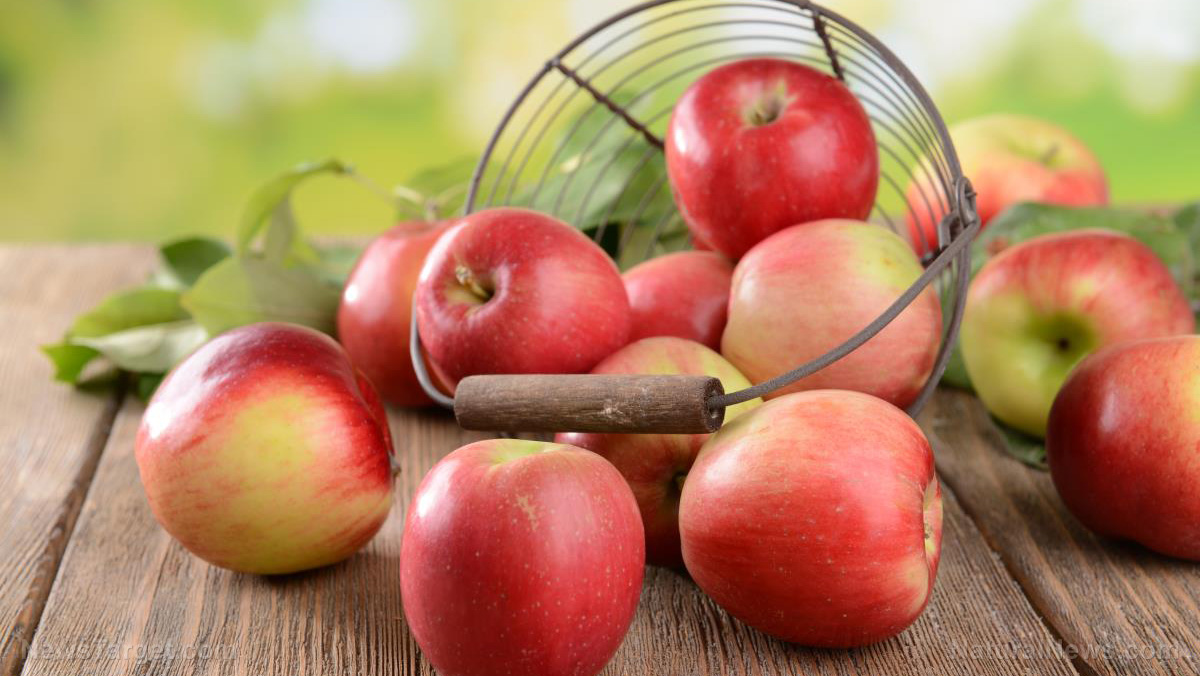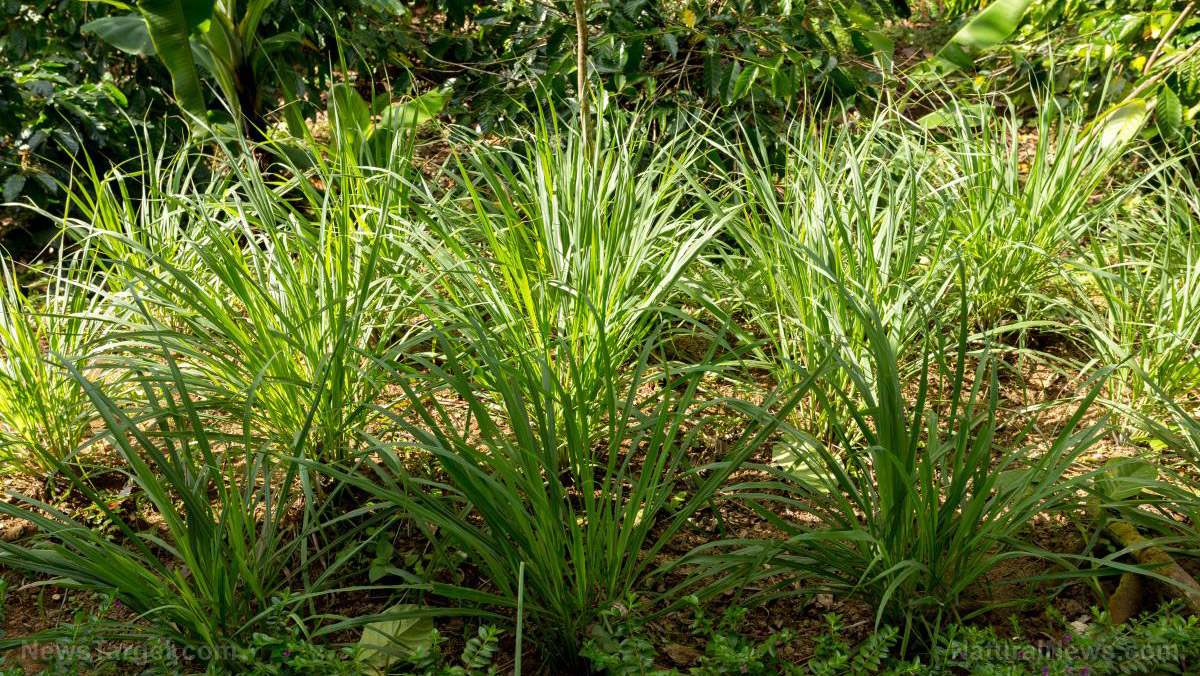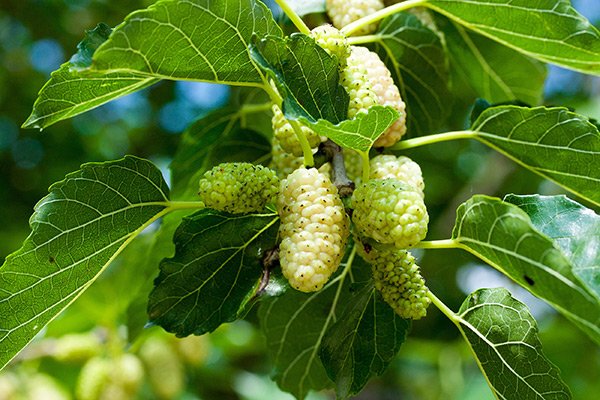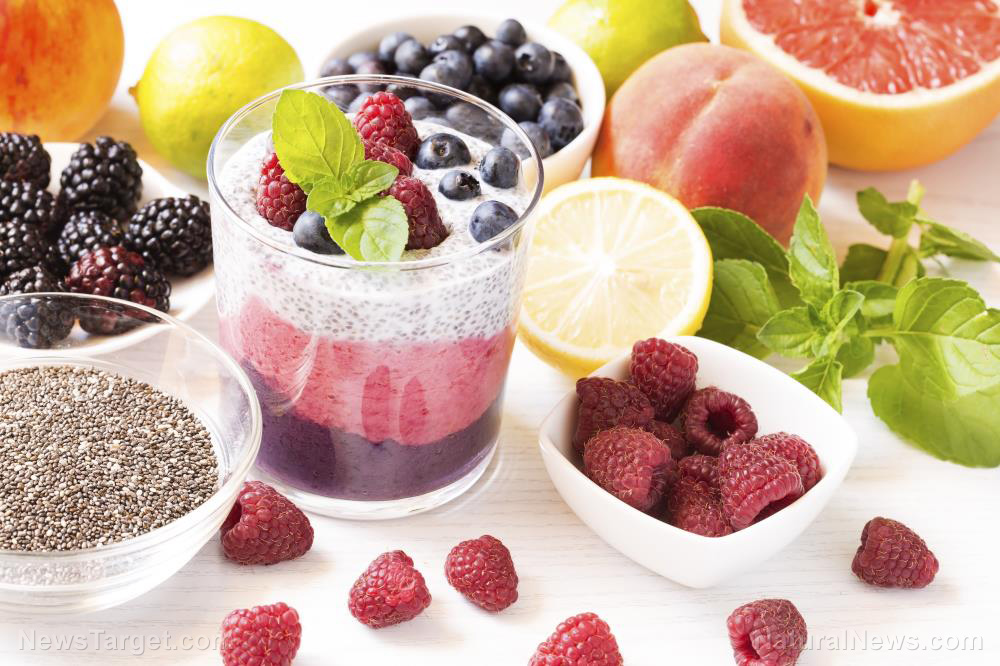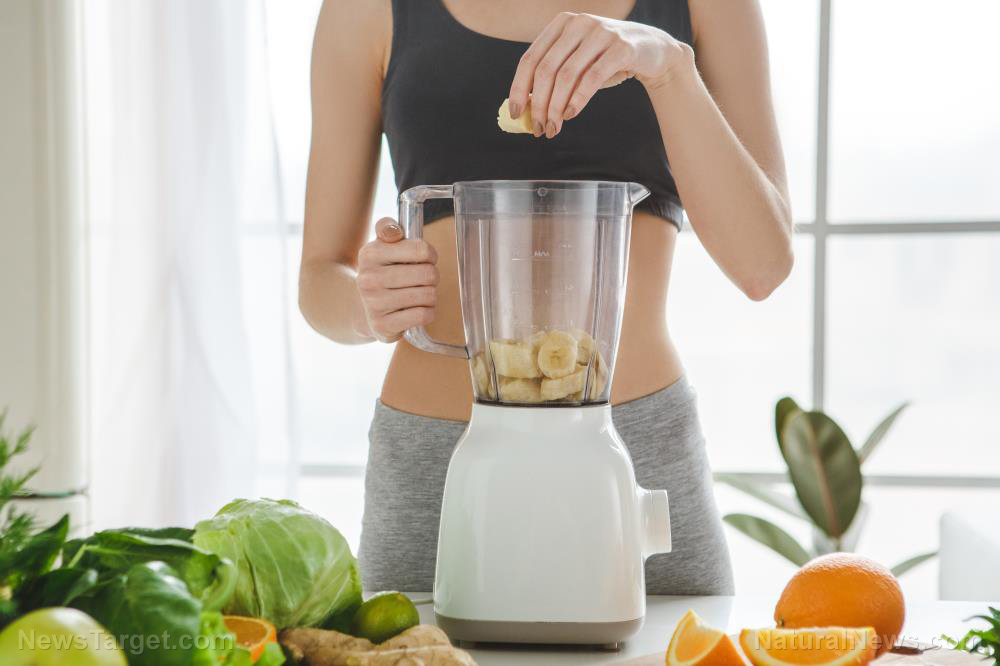Adding dietary nitrate from beetroot to salty foods prevents salt-induced hypertension
06/12/2020 / By Zoey Sky

According to an animal study, adding tiny amounts of beetroot or dietary nitrate to salty foods can help prevent hypertension (high blood pressure).
The researchers behind this study, which appeared in the American Heart Association’s journal Hypertension, hope that this finding can help promote healthier eating habits and counter the effects of high-salt diets, which contribute to hypertension.
High-salt diets and heart health
According to the World Health Organization, most people consume at least twice the recommended amount of salt. Unfortunately, a diet high in sodium but low in potassium contributes to hypertension and increases the risk of heart attack and stroke.
Theodore W. Kurtz, the study’s senior author and a professor at the University of California, San Francisco (UCSF), expressed concerns about the poor dietary habits of Americans.
Eating more fruits and vegetables that contain potassium may help reduce the harmful effects of sodium on heart health. Unfortunately, people don’t always follow this advice.
Kurtz also said that despite the various educational campaigns for eating a balanced diet, people aren’t eating more potassium. In fact, the average sodium intake of Americans has gone up in recent years. Because of this, he emphasized the need for researchers and health experts to find new ways of preventing salt-induced hypertension.
Dietary nitrate and salt intake
For their study, Kurtz and his team gave salt-sensitive rats salt and small amounts of beetroot juice, or dietary nitrate.
Dietary nitrate can be found in root and leafy vegetables like celery, lettuce, beetroot and spinach.
Results showed that both the juice and the nitrate supplement were over 100 times more potent than potassium in protecting the rats from salt-induced increases in blood pressure.
Kurtz said that if they can successfully replicate these results in humans, then adding a nitrate concentrate to salty foods will be an excellent way of reducing salt-induced high blood pressure naturally. (Related: Get more nutrient-rich beets into your diet with these easy smoothie recipes.)
Kurtz added that manufacturers of high-sodium food products, such as barbecue sauce, hot sauce and soy sauce, can add extracts from nitrate-rich vegetables to counteract the hypertension-inducing effects of too much sodium. By doing so, manufacturers won’t have to decrease the salt content or alter the taste of their products.
Dr. Stephen Juraschek, an internal medicine specialist at Beth Israel Deaconess Medical Center in Boston, said that the study findings can help resolve the sodium epidemic that is partly to blame for the skyrocketing number of cases of cardiovascular disease and stroke around the world.
However, Juraschek, who was not involved in the study, also noted that the results were limited by the short-term nature of the study. He highlighted the need for it to be followed up with rigorous clinical trials in humans.
Juraschek concluded that those who wish to manage their salt intake and boost their heart health can benefit from eating plenty of fruits and vegetables. People can also follow heart-healthy eating plans like the Mediterranean diet or the DASH (Dietary Approaches to Stop Hypertension) diet.
Innovations like the use of dietary nitrate to manage hypertension are crucial. However, Juraschek said that the public should also increase their intake of nutritious fruits and vegetables since these superfoods offer health benefits beyond just blood pressure management and heart disease prevention.
Tips for reducing your salt intake
Aside from cutting out junk foods from your diet, here are some useful tips to limit your salt intake and boost your overall health.
- Always check the Nutrition Facts label of food products when shopping.
- Buy fresh meats, fruits and vegetables.
- Rinse canned foods that contain sodium, like beans, tuna and vegetables.
- Cook your own meals at home and limit the salt you use when following recipes.
- Use various spices when cooking. Replace salt with spices like black pepper, coriander, nutmeg, parsley, rosemary and thyme.
Use less salt when preparing meals at home and eat a well-balanced diet to boost your heart health and minimize your risk of hypertension.
Sources include:
Tagged Under: alternative medicine, beetroot, beets, cardiovascular disease, dietary nitrate, food cures, food is medicine, functional food, heart health, high blood pressure, hypertension, natural cures, natural medicine, nutrients, organics, potassium, prevention, root vegetable, salty foods, sodium, veggie
RECENT NEWS & ARTICLES
FoodCures.News is a fact-based public education website published by Food Cures News Features, LLC.
All content copyright © 2018 by Food Cures News Features, LLC.
Contact Us with Tips or Corrections
All trademarks, registered trademarks and servicemarks mentioned on this site are the property of their respective owners.

